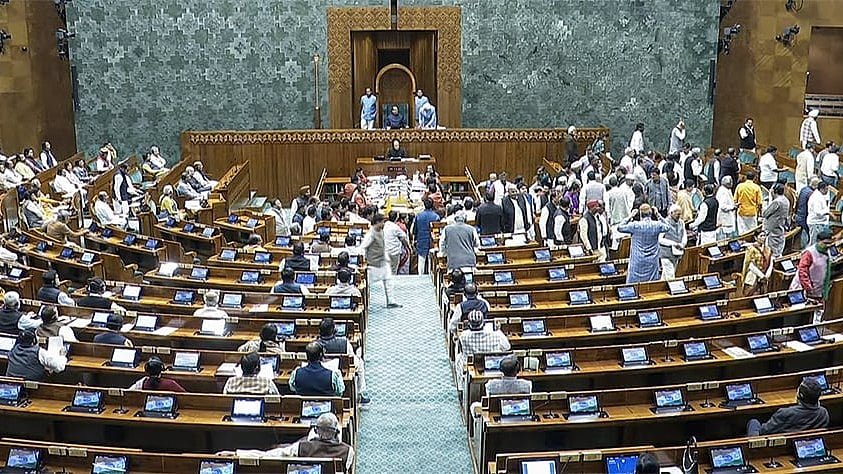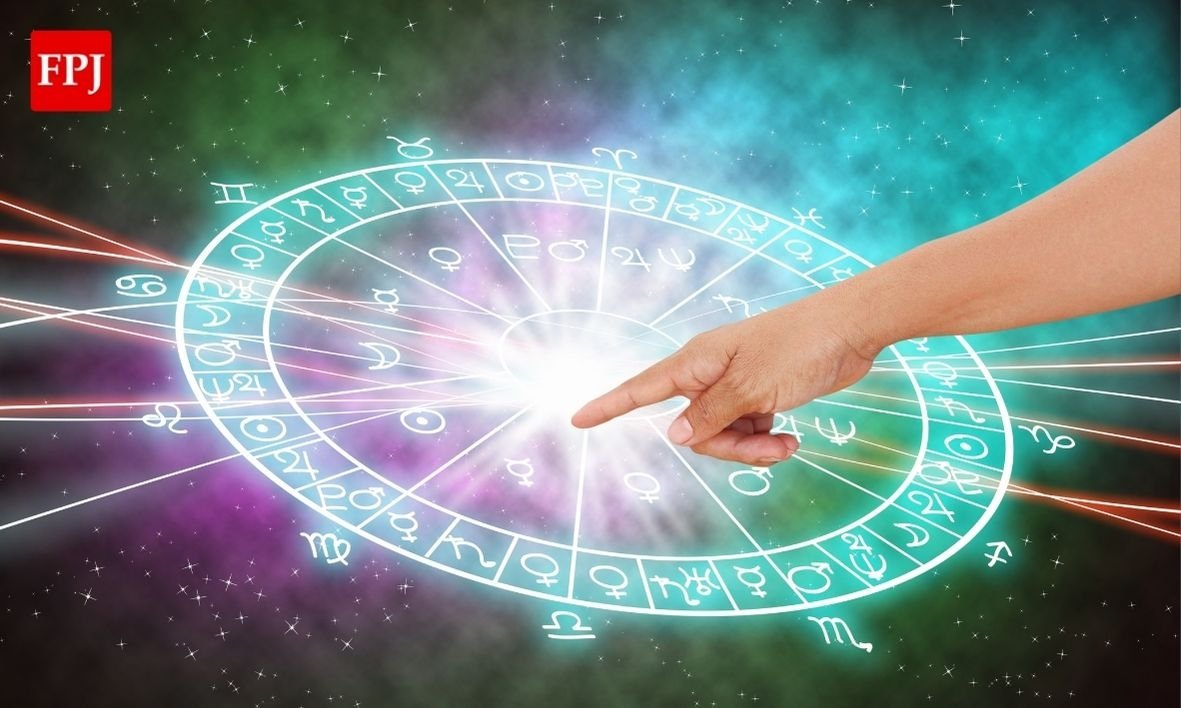New Delhi: The Waqf Amendment Bill is set to be tabled in the Parliament for its passage and discussion during the second leg of the Budget Session, which ends on Friday, April 4.
While the Centre is confident about securing sufficient support to pass the Bill, the Janata Dal (United)’s stand still remains unclear, raising questions at its potential impact on the bill’s passage.
How Many Votes Are Required to Pass the Bill?
The Centre requires the support of at least 272 MPs in the 542-strong Lok Sabha to pass the Waqf bill, and with 293 MPs in the ruling National Democratic Alliance (NDA), including 12 from the JD(U), the numbers seem to be favourable. However, the JD(U) is yet to clarify its position, amidst conflicting voices within the party.
JD(U)’s Conflicting Stand on the Bill
While senior JD(U) MP and Union Minister Rajiv Ranjan Singh has voiced his support for the bill, citing its potential to bring transparency to the functioning of the Waqf Boards and emphasising that it’s not “anti-Muslim,” JD(U) MLC Ghulam Gaus has strongly opposed it.
Calling the proposed legislation an “affront to minorities,” Gaus accused the BJP-led government of targeting minorities through policies like the Waqf Amendment Bill.
He said in a statement, “I was the first person to oppose the Waqf Amendment Bill. Ever since this central government has come, sometimes there is love jihad, CAA, mob lynching, triple talaq and now this. This is our religious matter…you (Centre) did nothing to protect our rights.”
If JD(U) withdraws its support, the NDA’s majority could be at risk, which could lead to a more contentious debate over the bill. JD(U)’s stance is significant as it holds 12 MPs in the Lok Sabha, which could be crucial in ensuring a majority. While the NDA holds 293 seats in the Lok Sabha, a loss of JD(U)’s support could narrow their margin, compelling them to rely on other allies or MPs for votes.
How Important Are Rajya Sabha Votes?
The Rajya Sabha is also a critical factor for passing the bill, as the Centre requires 119 votes in the 236-member upper house. With the NDA holding 123 seats, they are conveniently above the required majority, but any defection from their allied parties could lead to complications.
Opposition parties have stepped up their criticism of the Bill. Congress general secretary Jairam Ramesh questioned the stance of NDA allies like JD(U) and TDP. “Every Opposition party opposes it, Samajwadi Party, TMC, AAP, everyone opposes it, but the question is what parties like JD(U) and TDP do? The parties who call themselves secular, who say they believe in it, what is their stand on it,” he said in a statement.
Despite the opposition’s concerns, the Centre expressed its intent to pass the Bill in the current session of the Parliament. Union Minority Affairs Minister Kiren Rijiju also urged all political parties to engage in a detailed discussion when the Bill is presented, calling out the dissemination of misinformation. “Such attempts for misguiding the innocent people are condemnable,” Rijiju said.




